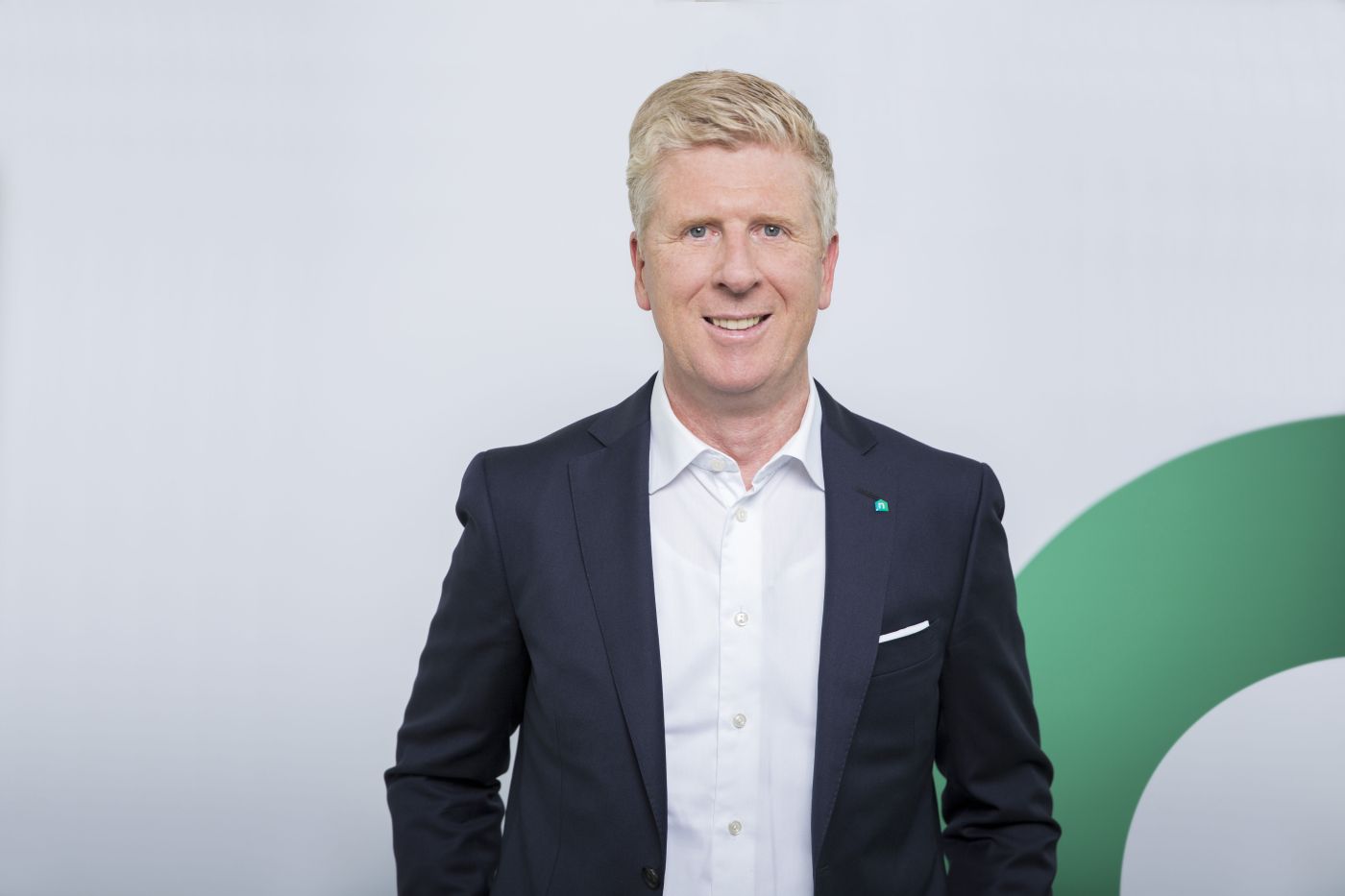News

The spread of the coronavirus pandemic poses new challenges and engages us all, imposing major restrictions on us both personally and professionally. In Europe politicians have adopted a course of imposing restrictions on movement and ordering social distancing, with drastic interventions in private and working life.
In the noventic group we intend to face this situation by rapidly finding creative solutions to ensure the continuing existence of our enterprises in terms of competitiveness and job retention.
Mr Maiwaldt, how is the noventic group management dealing with this challenge?
As an internationally active group of companies we have been observing the unfolding of the coronavirus pandemic in great detail for some time now: initially focusing on safeguarding our supply chains and therefore the value added in the production process, but then also with a rapid shift of focus to protecting the health of our personnel, service partners and customers, as well as the residents and tenants.
We are aware that the roughly 40 million metering points which we have installed in homes across Europe mean that we bear a special responsibility here too.
What exactly is the nature of this responsibility?
Firstly to provide transparent, reliable communication, with comprehensive information on behaviour and hygiene and easy to understand adaptations of our working practices. For example, on our production lines we clearly separated the personnel on our three-shift system at a very early stage and allowed plenty of time between shift changes for thorough disinfection of the workstations.
A lot of your personnel work in the field, for example installing or inspecting smoke alarms in rented homes. How are you dealing with that?
The main aim is to break infection chains by minimising personal contacts, while at the same time maintained our own and our customers’ operational activities as best we can. In the case of properties which we have already been able to equip with modern radio technology, which we call AMR technology, we can continue to service them 100%, so that the billing and maintenance is continuing as usual. Without having to meet the tenants or estimate consumption figures.
We are aware that the roughly 40 million metering points which we have installed in homes across Europe mean that we bear a special responsibility.
However, not all homes have been equipped with radio technology, have they?
No, unfortunately not. In the remaining properties, with no radio transmission, we are now attempting to assist our customers in the short term in at least digitalising some sub-processes. For example, our affiliate KALO, offers its customers, who are housing associations and managers, support in switching to the KALO customer portal and digital data transmission. This can be done straightforwardly over the phone from a home office. And installers who need to replace a smoke alarm, for instance, do this in accordance with strict standards of hygiene and conduct, and only in close consultation with landlord and resident.
The crisis has once again shown many companies and well-known major concerns just how interconnected their economic structures, their supply and production chains, have now become. Is your ability to meet delivery commitments at risk?
We produce at our own factories in Germany, which means we can act largely independently of third parties. What is more, we have been observing the spread of the coronavirus for some time now, and took steps to safeguard our supplies at an early stage. As a result we are very confident that we can meet all of our commitments. What has changed is that we are now delivering in smaller batches in order to accommodate our customers and their installation situations.
So all is well then?
Yes and no. Over the past few years we have largely digitalised our internal processes. Our administrative employees, for example from the KALO billing department, can almost completely process their orders from a home office, and we can conduct customer appointments and consultations digitally or by telephone. In these respects things are going well. However, the restriction of freedom of movement, the requirement to avoid contact points represent a huge economic challenge for our business, creating a need for new workarounds, additional advisory work and postponements of appointments in ‘analogue homes’. These represent additional costs of fighting the pandemic which we must meet.
What is your view of the coming weeks?
We must look after ourselves and stay healthy. We will overcome this crisis, and even if no out-of-the-box solutions are available, we will safeguard the economic viability of our business, of our customers, and at the end of the day of our country through creative solutions, by coming up with new, finely tuned processes and services. That is something we must all work towards.